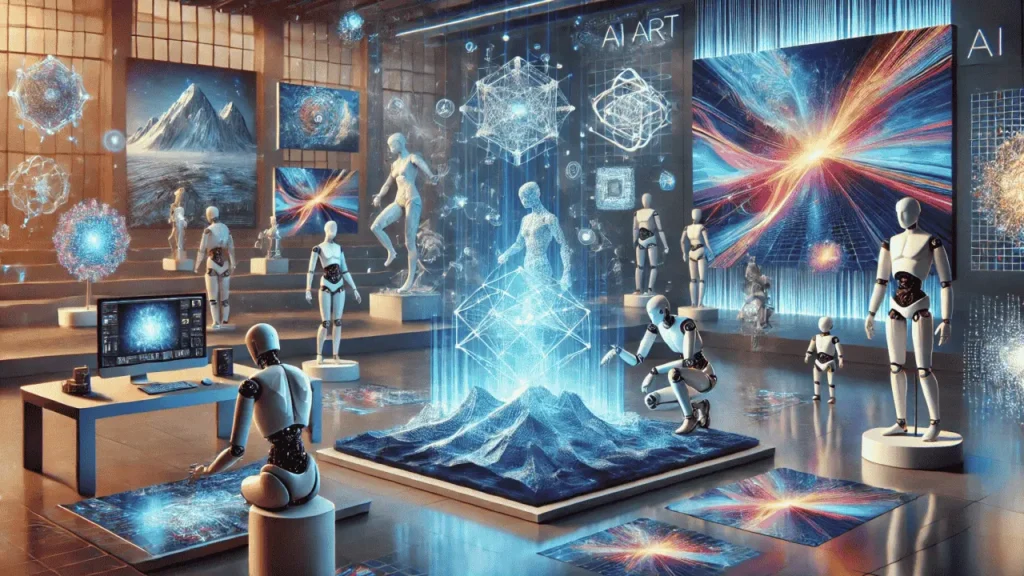
Organizations, including IBM, are increasingly adopting AI—especially generative AI—as a core part of their strategic shift. This transition has notably impacted their workforces, with job cuts linked to the automation of routine tasks. In 2023, IBM announced plans to replace around 7,800 roles over five years using AI, focusing on non-customer-facing positions such as HR and back-office operations. CEO Arvind Krishna estimated that up to 30% of these roles—approximately 26,000 employees—could eventually be automated. By 2025, IBM reportedly laid off about 8,000 workers globally, primarily from HR, as part of this AI-led restructuring. Some sources suggest that up to 9,000 U.S.-based employees were affected, especially within the Cloud Classic segment, where AI tools like BlueGenix have taken over tasks such as server maintenance and cloud data migration. In 2024, additional layoffs were reported in marketing and communications departments, signaling a broader effort to realign the workforce with IBM’s evolving AI strategy.
AI Automation at IBM
IBM’s AskHR, an AI-powered conversational agent, automated 94% of routine HR tasks, such as vacation requests, payroll management, and employee documentation. In 2024, AskHR handled over 11.5 million interactions, improving customer satisfaction (Net Promoter Score rose from -35 to +74). Only 6% of requests required human intervention.
AI agents replaced several hundred HR roles, performing tasks like analyzing spreadsheets, drafting emails, and organizing data with minimal supervision. This allowed IBM to redirect resources to higher-value areas. In the Cloud Classic business, BlueGenix AI automated server maintenance and data migration, reportedly 40% faster than human teams, driving layoffs in these roles.
What It Means For You?
Despite layoffs, IBM’s total workforce grew, as the company reinvested savings into hiring for roles requiring human intelligence, such as software engineering, sales, and marketing. Krishna emphasized that AI frees up employees for “critical thinking” and creative tasks. For workers in roles like HR, administrative support, or basic coding, this increases the risk of job displacement
However, AI is creating roles in AI development, data governance, and ethics oversight. Workers with skills in AI management, programming, or creative problem-solving are in demand. IBM’s rehiring for software engineering and sales roles reflects this shift. To stay relevant, workers must learn AI-related skills, such as prompt engineering, data analysis, or AI system monitoring. Upskilling programs, like IBM’s, are critical, but access to training varies by region and employer.
What Skill Should You Learn?
Technical Skills
- AI and Machine Learning Basics: Basics of machine learning, neural networks, and natural language processing (NLP). Familiarity with tools like TensorFlow, PyTorch, or Hugging Face
How: Online courses like Coursera’s “AI for Everyone” by Andrew Ng or fast.ai’s “Practical Deep Learning for Coders.”
How: Free resources like OpenAI’s documentation or LearnPrompting.org.- Data Literacy and Analysis: Data cleaning, visualization, and basic statistics. Tools like Python (Pandas, NumPy), R, or Tableau.
How: Google’s Data Analytics Certificate or DataCamp’s “Introduction to Python for Data Science.”- Programming and Automation: Python (widely used in AI), JavaScript, or low-code platforms like Zapier for automation.
How: Codecademy’s Python 3 course or freeCodeCamp’s JavaScript tutorials.- Cybersecurity: Basics of encryption, threat detection, and zero-trust architecture.
How: CompTIA Security+ certification or Cybrary’s free cybersecurity courses.
Soft Skills
- Critical Thinking and Problem-Solving : AI can’t replace human judgment in complex, ambiguous situations. Roles requiring strategic decision-making or innovation remain human-centric.
What to Learn: Structured problem-solving frameworks, evaluating AI outputs for accuracy, and ethical considerations.- Creativity and Innovation: AI augments creativity but can’t replicate human originality. Skills in ideation, storytelling, or design are vital in marketing, product development, and content creation.
What to Learn: Design thinking, creative writing, or visual storytelling.
- Collaboration and Communication: Human-AI collaboration and cross-functional teamwork are critical in AI-integrated workplaces. Clear communication ensures alignment with AI outputs and human goals.
What to Learn: Active listening, presenting ideas, and translating technical concepts for non-technical stakeholders.- AI Ethics and Governance: With concerns about AI biases, deepfakes, and privacy, professionals who understand ethical AI deployment are increasingly needed.
What to Learn: Principles of responsible AI, bias mitigation, and regulatory frameworks (e.g., EU AI Act).
Why These Skills Matter
- Future-Proofing: These skills align with roles less likely to be fully automated, as seen in IBM’s shift toward hiring for creative and technical positions despite layoffs.
- Market Demand: Jobs in AI, data science, and cybersecurity are projected to grow significantly. For instance, the U.S. Bureau of Labor Statistics estimates a 35% increase in data scientist roles by 2032.
- Empowerment: Learning to use AI tools enhances personal productivity, enabling individuals to create content, solve problems, or start side ventures with minimal resources.
- Mitigating Risks: Skills in ethics and cybersecurity address societal concerns, ensuring individuals contribute to responsible AI adoption.
